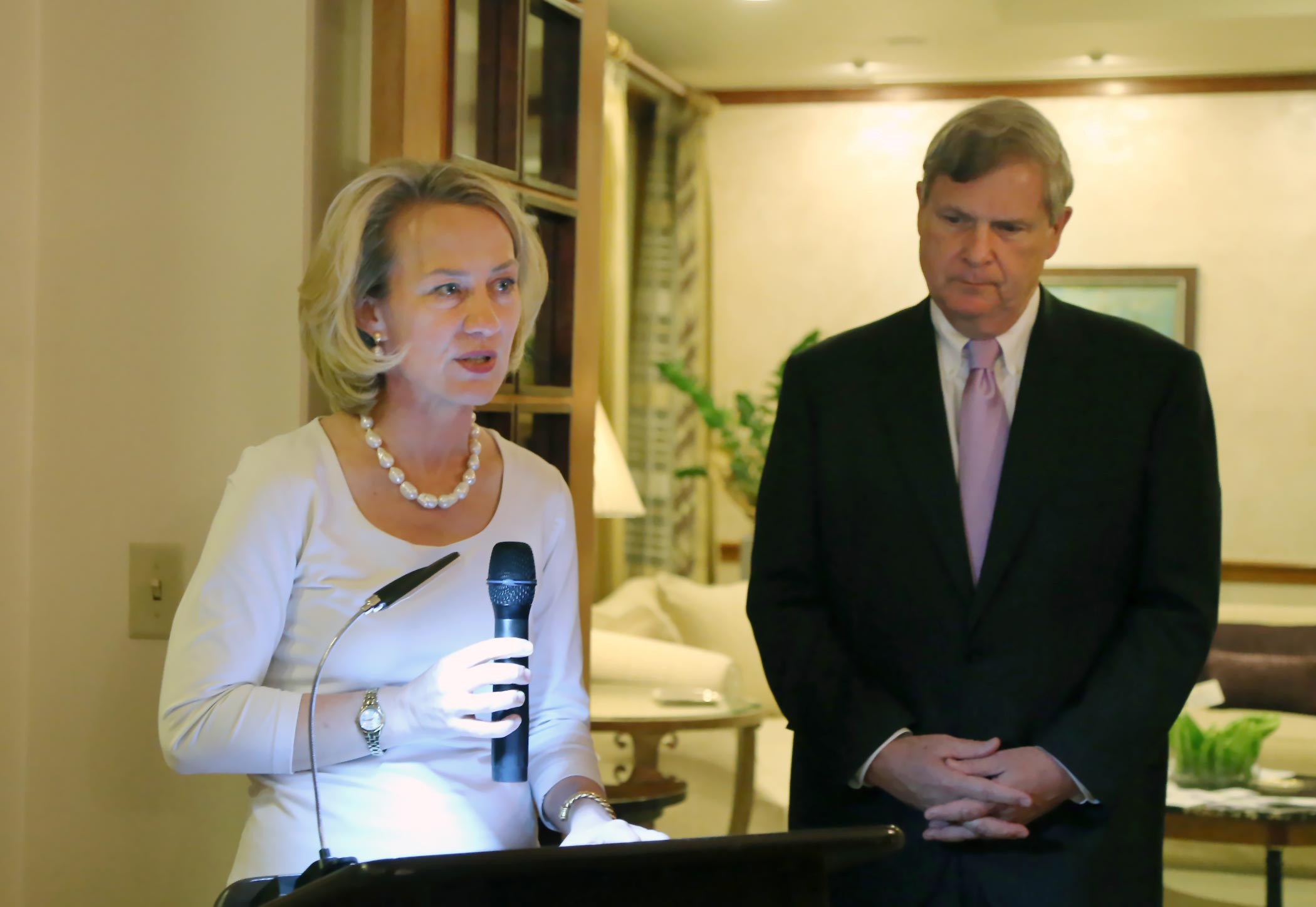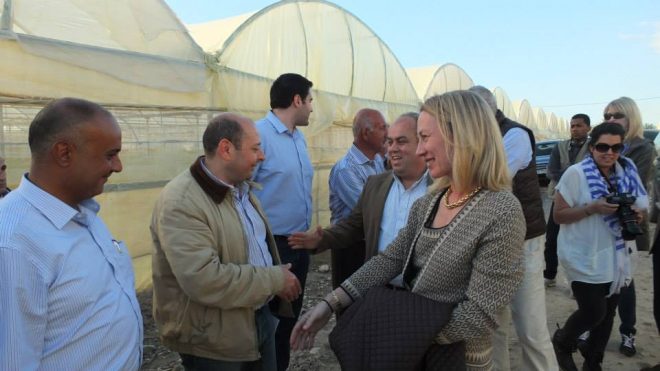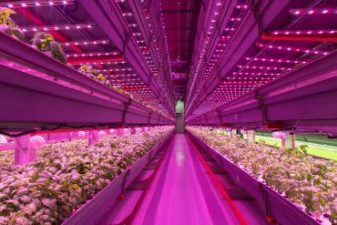Growing crops without soil, otherwise known as hydroponic agriculture, is not a recent innovation. In fact, it can be traced back to ancient times and kingdoms like Babylonia, whose Hanging Gardens were said to have been created and nurtured by use of hydroponics.
The modern day Middle East, especially water-deprived countries like Jordan and Syria, has had on-going problems in that local agriculture cannot provide sufficient amounts of local food due to lack of sufficient water and arable land to grow crops. Other resource-rich countries such as Saudi Arabia, Qatar and the United Arab Emirates see hydroponics as the only solution for providing hyper local, fresh, nutritious food.

As a result of this water scarcity problem, Jordan sees potential in hydroponic agricultural projects, which are said to use as much as 90 percent less water over conventional soil-based agriculture.
The Kingdom of Jordan is seeing commercial opportunities for local hydroponic farming and is getting some help from the USAID Hydroponic Green Farming Initiative (HGFI). Hydroponic agricultural projects growing vegetables by both hydroponic and organic methods were the subject of an event held in May 2015, where US Ambassador to Jordan Alice Wells featured these vegetables in an event with Jordanian governmental officials and local producers.
The event was aimed at showing how use of hydroponic growing techniques not only saves water resources but produces high quality yields as well. Ambassador Wells told the participants:
“The future of hydroponic farming techniques is bright in Jordan. Hydroponic farming techniques are well-suited toward maximizing Jordan’s scarce supply of water. From my visits to hydroponic farms in the Jordan Valley, I’ve seen that the potential to grow more produce through hydroponic techniques is significant, given the minimal additional investment required to implement them.”

She added that hydroponic agriculture maximizes Jordan’s scarce water supplies. Her visits to hydroponic projects in the Jordan Valley indicate a good potential for this type of agriculture, with just a minimal additional investment required.
Chefs who attended the event were able to see the quality of the hydroponically-grown produce, which often uses no pesticides. Um Ali, who heads a woman’s agricultural cooperative in the north of Jordan, told the gathering that production of herbs like thyme is much better using hydroponic agriculture than by traditional soil methods:
“Our thyme production from hydroponic farming is far better than traditional soil farming. It uses much less water, which is scarce in Jordan. Our production is clean from soil diseases,” she said.
[youtube]https://www.youtube.com/watch?v=J4gIkPSah6c[/youtube]
Building reliable markets for hydroponically-grown produce is equally important. The USAID program is designed to build greater awareness of the advantages of hydroponically-grown produce, and the chefs in attendance at the reception were able to experience first-hand the quality of produce from hydroponic fields. Developing strong domestic markets for produce will assist farmers in balancing the cyclical nature of produce grown for export.
Developing tools and an industry for hydroponics in the Middle East is just as important. Consider this super cool American company flux from New York powering up the entire industry by providing powerful monitors and controls for hydroponic farms, in the same way that Mobileye enables self-driving Tesla cars. The global market flux is tapping into will grow from about $19 billion today to $27 billion in 4 years. It’s a massive opportunity since there are few global players with no dominant, affordable solution for new businesses.
Jordan can and should be a part of that.
More about hydroponic agriculture in the Middle East:
Hydroponics in Qatar
Saudi Arabia’s OAXIS hydroponic food belt
Khalifa hydroponic farms paying off
Grow fresh food in the middle of Manhattan?
Hanging gardens of Babylon inspire water farming called hydroponics




